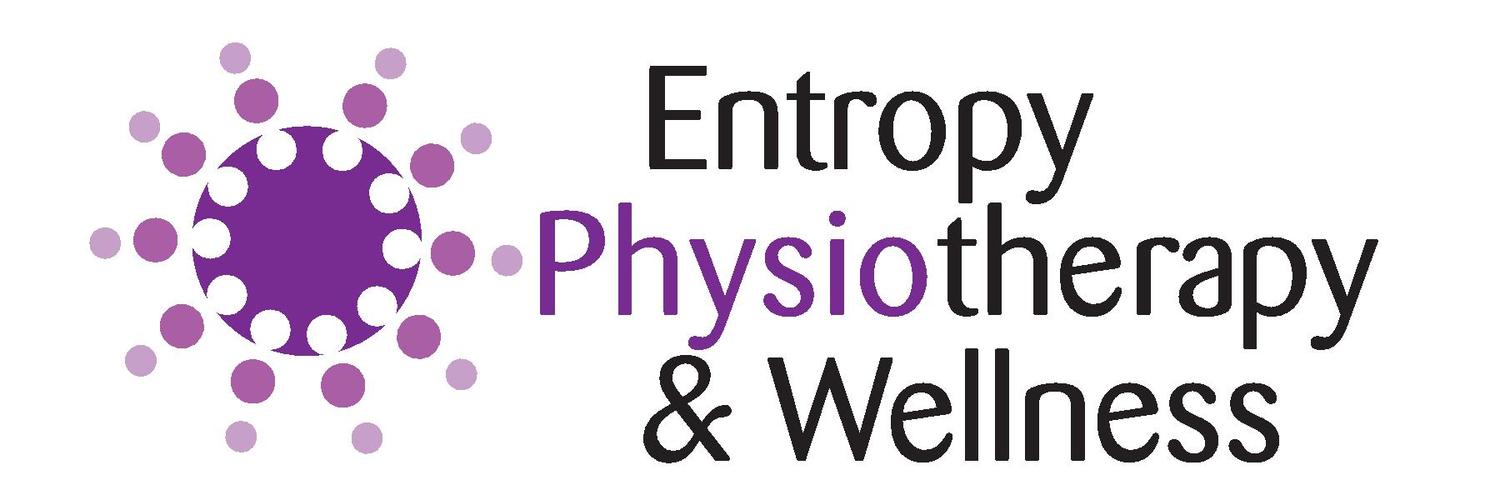An open letter to my patient’s previous therapist(s):
/I’m currently seeing a patient of yours – a young person who is having some pain in their pelvis. I am quite aware that often times our patients hear something different than what we say, and sometimes what they recall being told isn’t entirely accurate.
During the initial evaluation, the patient shared some past experiences and noted that there was short-term relief, some variation of symptoms which was taken as a sign of progress. This made me very happy, as it was felt therapy in the past had made a slight, but positive, difference.
Then we spoke of what goals they had for therapy. Other than to stop hurting, this patient wanted to run, do CrossFit, go to college and ride a motorcycle. To me, these goals sounded amazing and perfectly achievable.
It broke my heart when they looked at me with surprise and disbelief. They had been told to not to go to college but to stay close to home. To sell the motorcycle and use the money for something that ‘wouldn’t make them worse’. To not do CrossFit as that was too intense and would certainly increase the pain.
I don’t often share my feelings, but this outrages me. Our only job as Physical Therapists is to help people do what they want to do. That’s it. We go to work every day to help people do the impossible – walk after a spinal cord injury, return to work after a stroke, regain independence after catastrophic medical or traumatic events. If you don’t believe in the resilience and strength people have, and you don’t think people can get better, why on Earth are you in this profession?
But before me sits a young person, with no identifiable medical condition. They just hurt. And a colleague in my profession told them to give up. To be careful. To stop doing anything that might increase pain. Remarks like that are the opposite of our job.
I can understand the desire to help and to protect people from more pain. However, that’s not how pain works. Pain is an experience a person has. We know that doing things you love can make people feel better. And you’ve stolen that away from this person – by making them scared of the very things that could make them feel better. Or at least feel more like them.
I wanted to bring to your attention that the people who don’t come back aren’t always ok. That sometimes they’ve gone elsewhere because they want to do more than ‘not hurt more’, they want to live. I’m not sure I can help this person recover, but I can promise you I’m unscaring them as best as I can, so they can get back to doing the things they love.
Thanks in advance for trying to stop scaring people in the future,
Sarah



